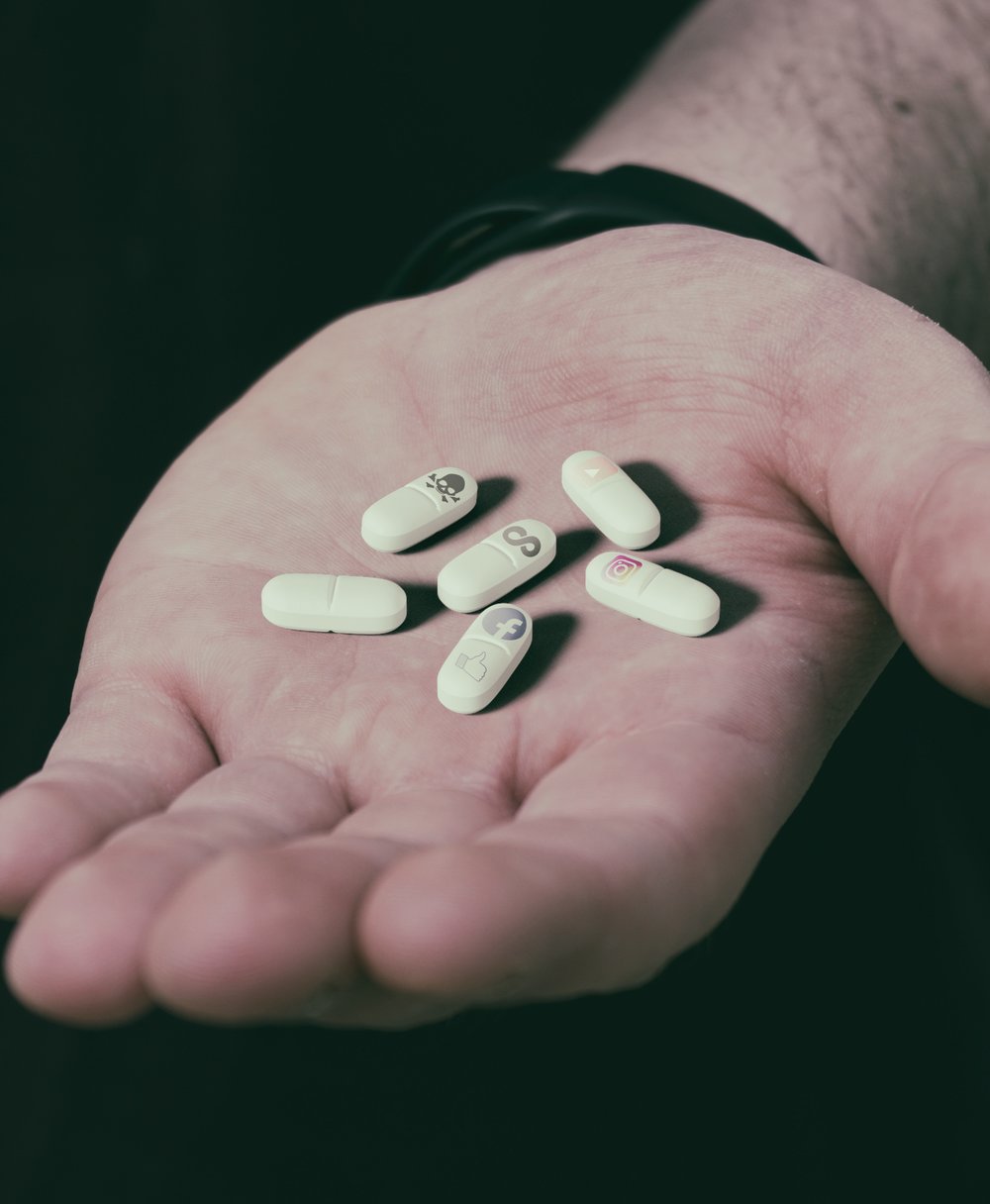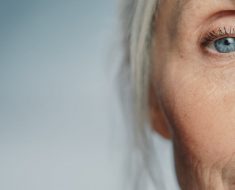
Most people anticipate the coming of the Holiday Season. It’s the perfect time to be reunited with our family and spend our precious time building beautiful memories with them. It’s also the perfect time where we get to relax as the daylight savings time ends and we enter the cold Winter season.
As our days get shorter and the nights get longer, we look forward to having more sleeping hours and a peaceful routine, but not to some people. According to health experts, the end of daylight saving time triggers the increase of people being diagnosed with depression. How can you cope up with the Seasonal Affective disorder? Here’s what the experts have to say.
Light Therapy
Most people just want to get snowed in during the Winter season and curl themselves undet their covers. While this is highly tempting, the health experts say you should fight the urge to do so. According to Norman Rosenthal, MD, at Georgetown University, being alone and isolated in the dark will just trigger your depression.
You need to encourage yourself to go outside and see some light. Norman adds there will still be some days where the light still shines even during Winter days.

Encourage yourself to go outside and get exposed to light to lift up your mood.
So if you see the sun outside, take the opportunity to go outside and have a walk to get a ray of sunshine. The vitamin D you get will help lift up your mood. If there’s no light, then Rosenthal recommends you use light-emitting lamps or light boxes and stare at it in the morning.
According to studies, when the light hits your retina, it sends a signal to your brain to regulate your emotions, making it an effective treatment to elevate your mood especially for people with SAD. You can light up your room and get exposed to it at least 20-60 minutes a day.
Exercise
If you can’t get out due to the cold weather and it’s also dark outside, you can incorporate exercise as you get exposed to the light. According to health experts, working out is a great way to decrease your depressing hormones while alleviating your mood since it sends neurotransmitters in your brain to promote brain cells growth. Norman says it also has a meditative effect in your body and mind.
Take Prescribed Antidepressants

Before taking antidepressants, make sure to consult with your doctor first to determine the dosage you need to take.
If nothing else works and you feel as if you need medical and professional intervention, Dr. Norman says you can ask for help to take antidepressants. According to him, most people with seasonal affective disorder take either of these two popular prescription medicine: the selective serotonin reuptake inhibitor (SSRI), and the generic bupropion (Budeprion and Wellbutrin). Both medicines help boost the serotonin levels in your brain.
But before taking these antidepressants, Dr. Norman recommends consulting with your attending physician first. According to him, it’s crucial to determine the right dosage for you to minimize its side effects. He also says these medicines may not work for everyone.
Cognitive Behavioral Therapy
If you want to try an alternative therapy without the need to take medicine, Dr. Norman recommends cognitive behavioral therapy. The CBT helps people with SAD replace their negative behaviors, feelings, and thoughts into something positive and optimistic. He adds the behavior you project during the Holiday season is also heavily influenced with your genetic makeup and perception. Dr. Norman says they can avert you from lingering on negative thoughts by incorporating your positive thoughts to doing something you enjoy like grabbing lunch with your friend or practicin yoga.
Don’t Eat Junk Foods

Eating junk and processed foods not only worsens your depression but it also triggers your guilt as you start gaining pounds due to its rich sugar and fat content.
Most people with SAD turn to eat sweet and starchy foods in an attempt to lift up their moods. However, Dr. Norman warns you against eating these comfort foods. According to him, this may lead to binging and emotional eating.
Not only do these unhealthy foods deteriorate your brain cells, but it also triggers the emotional guilt in you, thus, drowning you in depression even further. Aside from that, eating junk foods wrecks your blood sugar levels, causing you to gain more weight.
Source: Read Full Article





